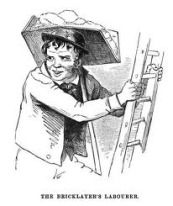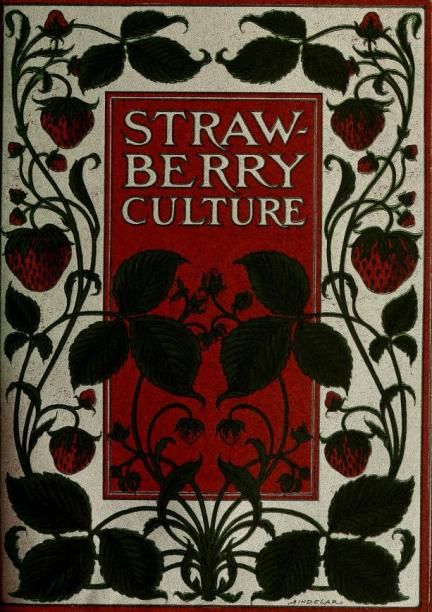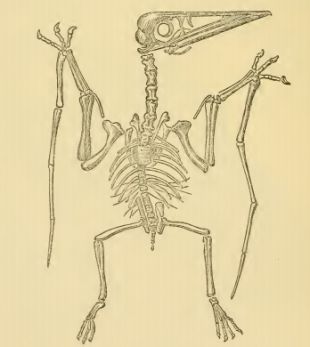Let’s go back to prosody and metrical feet.
Tri-syllables in particular; I’ve been thinking about those recently.
Tri-syllables are what they say on the tin. They’re just three syllables tied
together – tri like tripod or tricycle – three things.
 |
| Tricycle |
If
you’ve got three things – syllables in this case – and if you can do something
more with them, then there’s something going on. In English, as in many more other
languages, you can put a stress on one, two or all three of those syllables, or
you can put no stress at all on any or all of them. Stress in combination. Syllables are the building
blocks of words, just as proteins are the building blocks of life and bricks
are the building blocks of houses.
 |
| Bricklaying |
Syllables are the little bits of that go to
make up words. Some words are single syllables – monosyllables. Cat and Dog
are monosyllables. Some words are
bi-syllables, words like Mother and Father. You can split them into two parts – Mo-ther
or Fa-ther. You can hear the two bits when you say the words. And the stress is
how you say the word.
Take a word like ‘strawberry’. That’s a
tri-syllabic word. Straw – ber- ry. And if you pronounce it properly, you say
STRAW–ber–ry. The stress is on the first syllable. Stress the first syllable
and just let the other two fall out of your mouth. If you say
straw-BERRY then it’s possible that you might need to consider evening classes.
 |
| Strawberries and Culture |
In this stressed and unstressed business, the stressed syllables are called macrons
and the unstressed ones are called breves (if you really want to get
picky, it’s to do with the long and short vowel sounds, but I’m a Lancastrian
and we have flat and round vowels to play with too, together with all that
rhotic business, and my southern brethren muck about with clipped and unclipped
vowels too). ‘Strawberry’ starts with a macron and ends with a couple of
breves.
It’s what we call a dactyl. A dactyl gets its fancy Greek name
from ‘finger’ – look at any one of your fingers and you’ll see, from the
knuckle to the fingernail, a long bone and two shorter ones. It’s why pterodactyls
are called pterodactyls – ptero is Greek for winged and dactyl,
as I’ve said, means ‘finger’.
 |
| Look at the Dactyls on this Ptero-doo-dah |
A macron
and two breves, a stressed syllable and a couple of unstressed ones, a long
bone and two shorter ones. But what happens if you move where the stress falls
inside a foot? Let’s move it along the line. What do you get if you have a
breve, a macron and a breve? You get an amphibrach. That sounds even a
bit more weird than a dactyl. It’s Greek (of course) and it means ‘short on
both sides’. Which it is.
You know amphibrachs better than you think. It’s the
metrical foot used in limericks. ‘There once was’. That’s an
amphibrach. Syllables can be whole words too, not just bits of words. They can
be bits of words, but remember what we said about building blocks. They are put
together to make bigger things. Let’s nip back to limericks.
‘There once was a man from Nantucket’.
There are three amphibrachs right away. The best way
I know to hear this is to read it aloud and clap your hands together on the
stresses. Try it yourself.
‘There once was / a man from / Nan tuck et’.
Got it?
Quiet Clap Quiet. Breve Macron Breve. Unstressed, Stressed, Unstressed.
Am- phi -brach.
Right, let’s move the stress to the end of the metrical foot. That will give us
the pattern of unstressed, unstressed, stressed syllables. This
one is called an ‘anapaest’. Sorry for this, but it’s more Greek. It
means ‘struck back’ and in essence it’s a backward dactyl, it’s a dactyl
that has been reversed, a dactyl that has been struck back.
 |
| Backward Ptero-flying-things |
Anapaests are not
really all that common. They are used, but they are mainly used for
effect, switching the metre of a line to add emphasis or to break the rhythm of
a poetic line. Fine. That’s dactyls, amphibrachs and anapaests. You can jiggle
the syllables around and come up with other combinations.
Obviously, there are
tri-syllables that are completely stressed, (woh, steady syllables, have a
minute). All three parts have equal importance; you get this in names quite a
lot. Great North Road. Great White Hope. All the stresses are given the same
importance. Want a name? It’s called a molossus.
Its polar opposite has
no stressed syllables at all (whu, sorted fellah), and that’s called a tribrach,
which is something so unstressed that its very existence is questioned.
Tribrach cool wi’ dat, mon. Tribrach fine.
 |
| One Cool Tribrach |


No comments:
Post a Comment